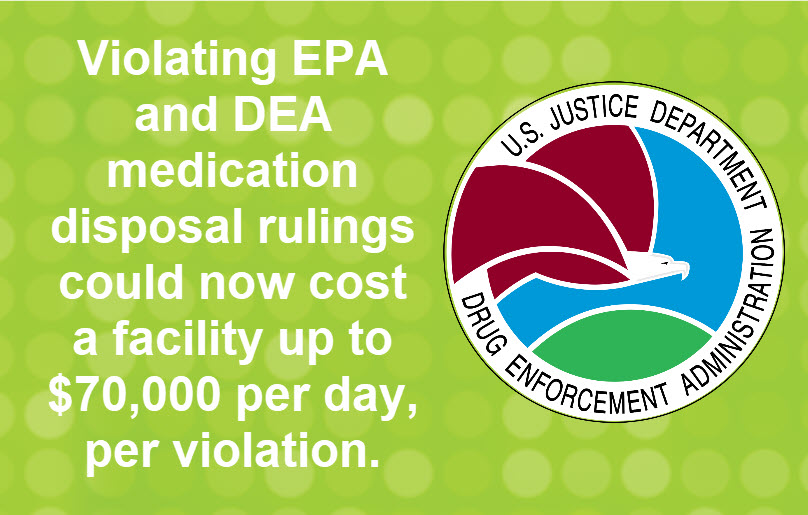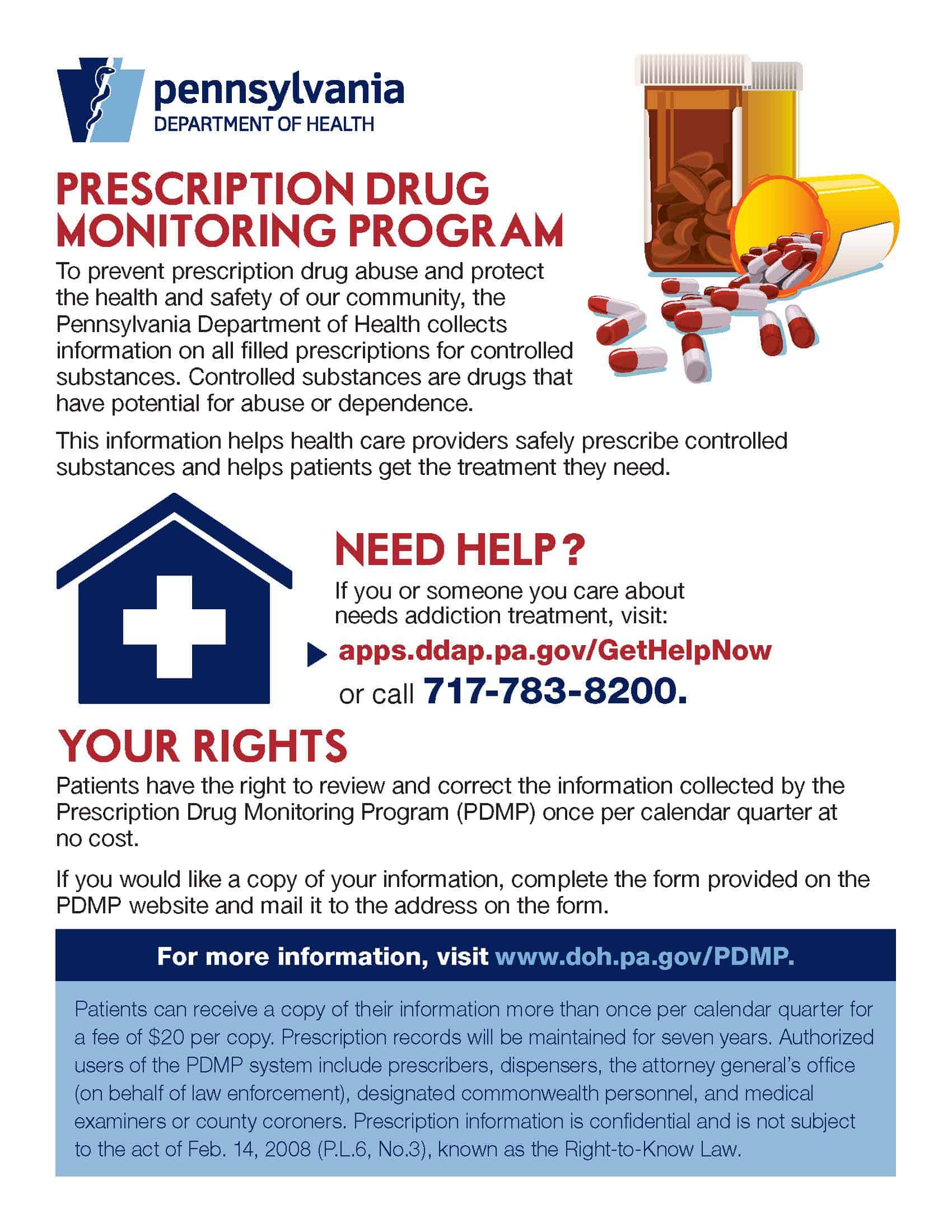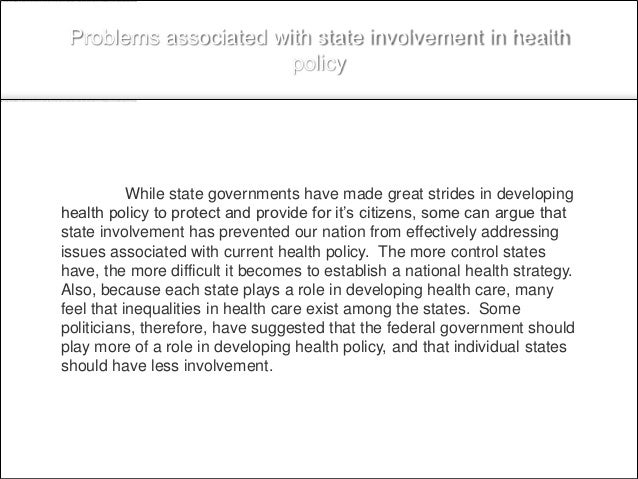Nursing Home Medication Regulations
Nursing Home Medication Regulations. In most cases, residents of these communities pay a regular monthly. The regulations permit nursing homes to use automatic dispensing machines to dispense controlled drugs to residents and they allow pharmacists to dispense prescriptions for Getting a resident pain medication, but no medical care, may not solve the resident's underlying medical problem. Nursing homes are inspected annually by the department. Nursing home laws are put into place to prevent the exploitation, abuse, and neglect of elderly people.

Medications, along with appropriate dispensing, receiving, and administering. The words and phrases listed below, as used in these regulations, have the following meanings, unless otherwise specifically provided: a. However, the nursing home would need to contract with a licensed social worker to provide oversight. (b) If there is a change in the resident's physical or mental status, an evaluation by the licensed nurse of the resident's medications, laboratory values. Does the nursing home meet state fire regulations (including a sprinkler system, fire-resistant doors, and a plan for evacuating residents)? The federal government relies on states and individual. nursing homes. For example, skilled nursing facility residents might be bed-bound or need dialysis, whereas a nursing home resident just needs medications dispensed. Care homes. already have to comply with a number of exter-. nal regulations and standards in most • In nursing and residential homes, use of barcode medication management systems can improve. Other individuals or agencies who may want to utilize these guidelines include: • Residents and families; • Law enforcement agencies. Unfortunately, nursing homes routinely breach these standards and violate state and/or federal regulations, dishonoring and potentially endangering the seniors who've been entrusted to their care. Nursing homes are required to arrange pharmaceutical services for all residents, whether through an in-house system or an independent pharmacy.
However, healthcare facilities and personnel should be mindful of local or state regulations that may be more restrictive than this federal standard.
Skilled Nursing Homes (NH): For nursing homes where there are far fewer RNs Two sources of this data, Hospital Compare and Nursing Home Compare websites, are created Medication errors in hospitals: a literature review of disruptions to nursing practice during medication administration. • Nursing homes and nursing home employees; • Department of Social and Health Services (DSHS) employees; and • Health professionals.
Because nursing home care is complicated by numerous regulations and because nursing home residents have complex medical and social problems, some issues are unique to the long-term care setting and others present in unfamiliar ways. Pharmaceutical services (prescribing, acquiring, dispensing, and administering medications). Nursing Homes—A Guide for Medicaid Beneficiaries' Families and Helpers. Written regulations on medication management were well implemented. For example, skilled nursing facility residents might be bed-bound or need dialysis, whereas a nursing home resident just needs medications dispensed.






